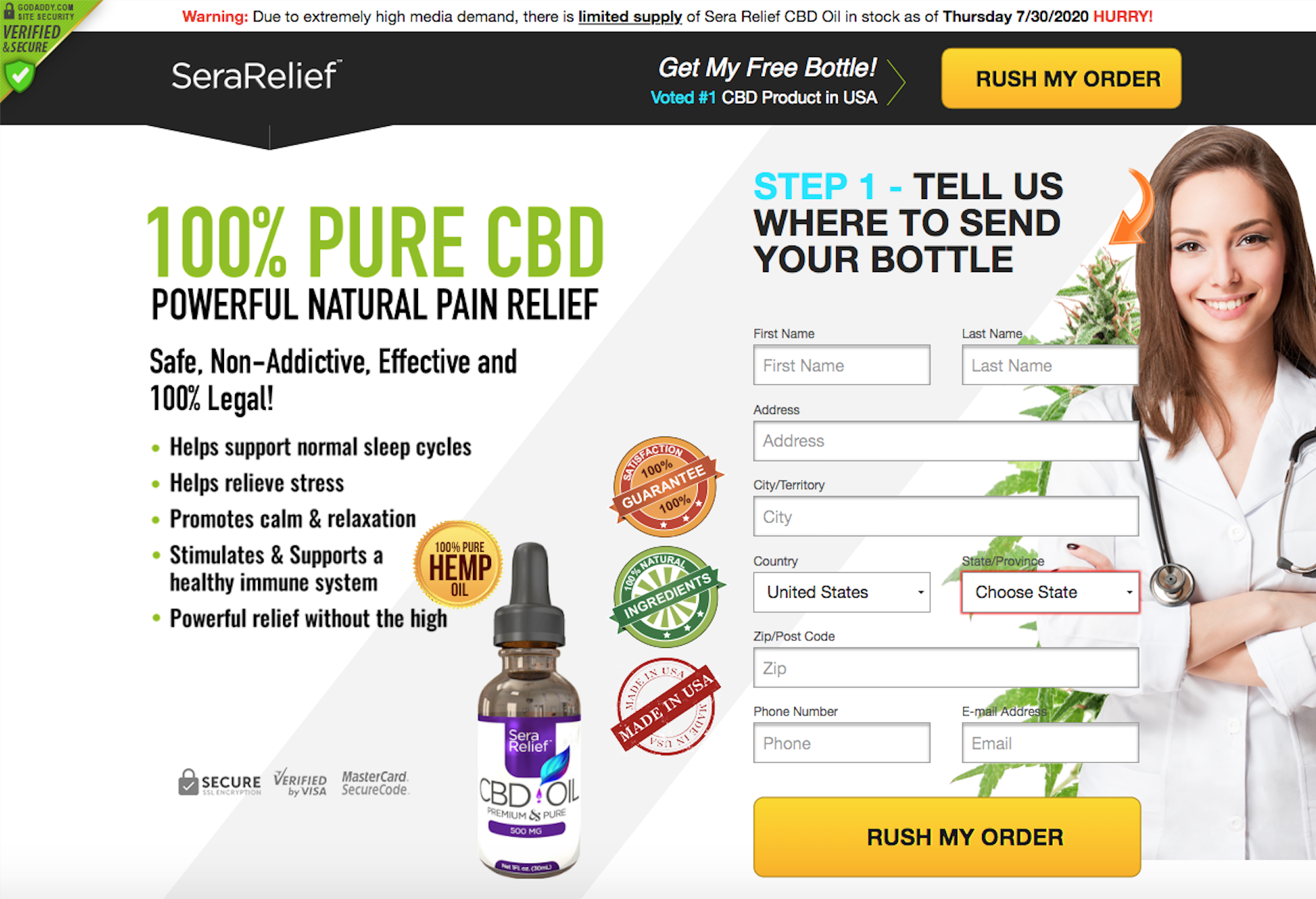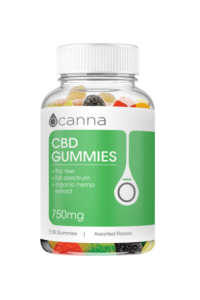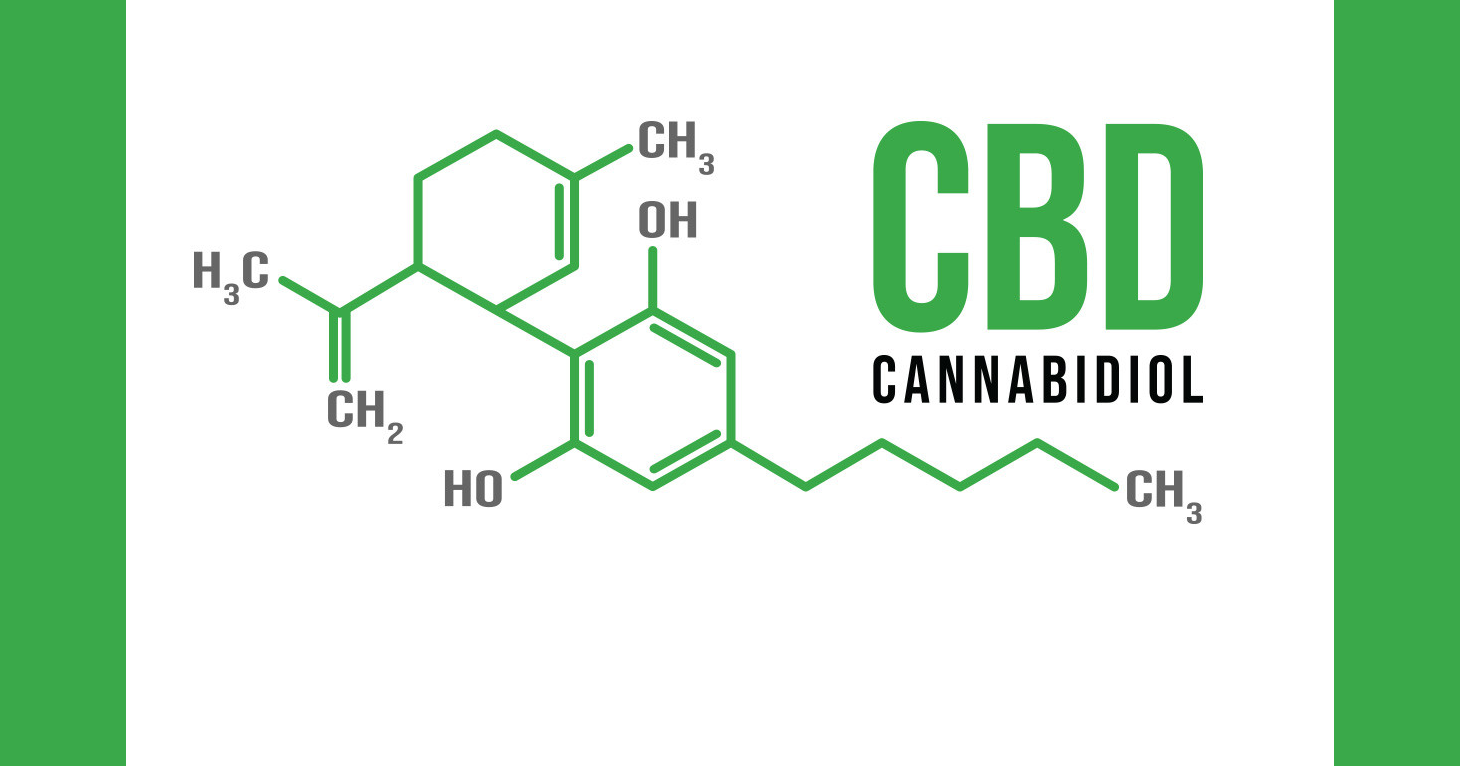
SeraRelief CBD products
Be wary of “free trials” for CBD gummies and oils advertised on the internet.
 When it comes to the health benefits of CBD, it is often the case that the science says one thing and the marketing says another.
When it comes to the health benefits of CBD, it is often the case that the science says one thing and the marketing says another.
Take cancer. According to the National Cancer Institute (NCI), cannabinoids in the cannabis plant like non-high-inducing CBD may help treat the side effects of cancer. But clinical trials that study cannabis for cancer treatment are limited and there are no such ongoing studies in a vast database of more than 30 million citations maintained by the National Institutes of Health, NCI says.
You can’t rush the science. Yet many marketers of CBD products including, until recently, Ocanna, tout their CBD-infused oils, creams and gummies as a proven treatment for cancer, among other serious diseases. It seems it’s not until they are faced with the threat of legal action that they begin to tighten up their marketing.
Such was the fate of Ocanna, which, after receiving an FTC warning letter last month, removed cancer from a list of “major degenerative diseases” that it claimed its CBD-infused gummies can assist simply by fighting inflammation, according to excerpts from a previous version of the product page in the warning letter. Ocanna also took down customer testimonials for autism and osteoarthritis from its website after the FTC warned the company:
It’s not enough that an endorsement represents the consumer’s honest opinion or experience. Reasonable consumers may interpret an endorsement claiming a health benefit from the use of a product as representing that the product is likely to be effective in achieving that benefit. Under FTC law, an advertiser must possess and rely on competent and reliable scientific evidence to support health claims, both express and implied, made through the use of endorsements.
The FTC also sent warning letters to the marketers of NuLife and Magic Green Oil Drops CBD products. TINA.org obtained the letters through a Freedom of Information Act request.
Read more about our coverage on CBD here.
Our Ad Alerts are not just about false and deceptive marketing issues, but may also be about ads that, although not necessarily deceptive, should be viewed with caution. Ad Alerts can also be about single issues and may not include a comprehensive list of all marketing issues relating to the brand discussed.
Be wary of “free trials” for CBD gummies and oils advertised on the internet.
CBD “super store” brochure is chock full of unapproved disease-treatment claims.
Disease-treatment claims vanish in wake of FTC warning letter.

